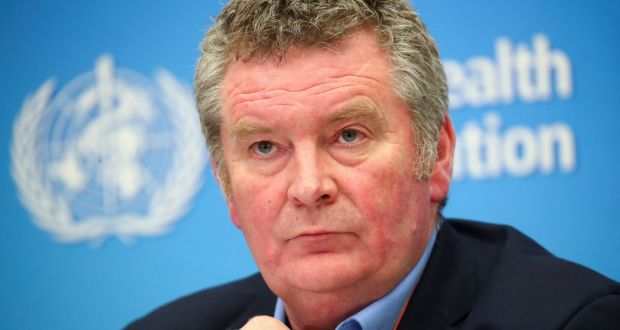
Avellon Williams
GENEVA- The World Health Organisation’s (WHO) Health Emergencies Program Director, Dr. Michael Ryan, said Tuesday that if huge inequities in vaccinations and medicines are addressed, the worst of the coronavirus pandemic (deaths, hospitalisations, lockdowns) could be over this year.
At the World Economic Forum’s panel discussion on vaccine equity, Dr. Ryan warned that “we may never end the virus” because such pandemic viruses “end up becoming part of the ecosystem.”
He believes, however, ”we have a chance to end the public health emergency this year if we do the things that we’ve been talking about.”
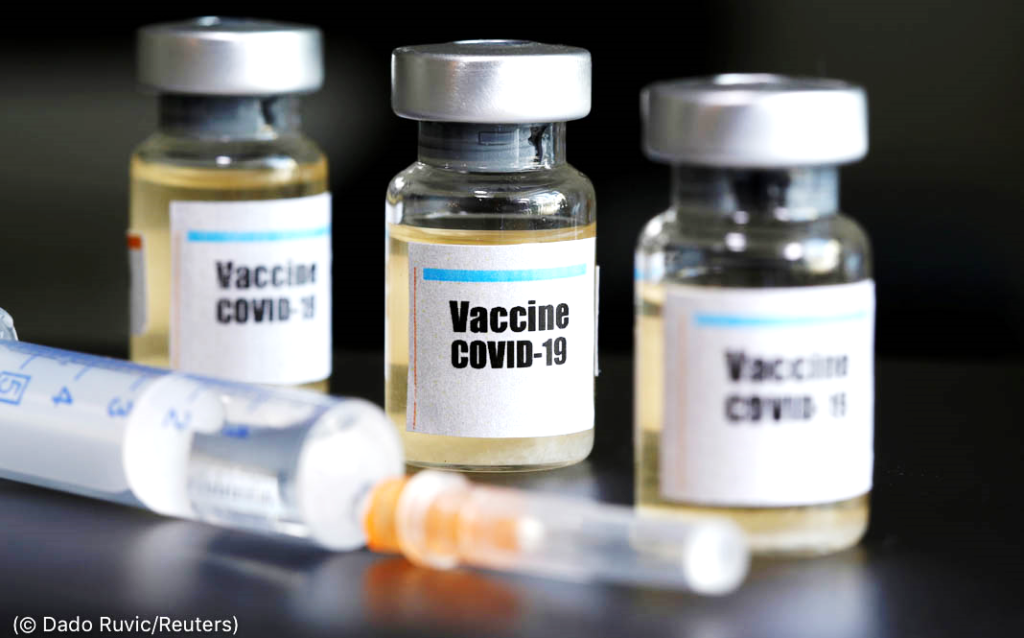
A worldwide imbalance in COVID-19 vaccination between rich and poor countries has been referred to as a catastrophic failure by WHO. Less than 10% of people in lower-income countries have received one dose of COVID-19.
Dr. Ryan told the virtual gathering of world and business leaders that if vaccines and other tools aren’t shared fairly, the virus, which has killed over 5.5 million people worldwide, will continue to wreak havoc.
“What we need to do is get too low levels of disease incidence with maximum vaccination of our populations, so nobody has to die,” Dr. Ryan said.
“The issue is: It’s the death. It’s the hospitalizations. It’s the disruption of our social, economic, political systems that’s caused the tragedy — not the virus.”
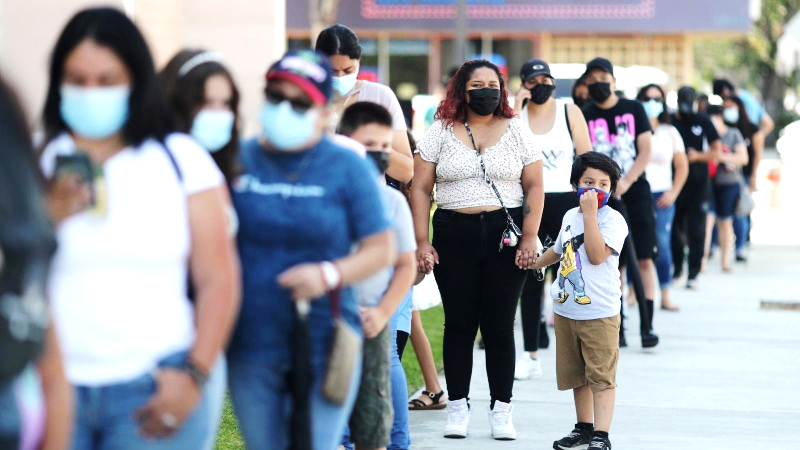
Dr. Ryan also discussed the growing debate over whether the COVID-19 outbreak should be characterized as endemic, a label some countries like Spain have pushed for to make living with the virus easier, or still a pandemic – raising the specter of intensive measures to combat the spread.
“Endemic malaria kills hundreds of thousands of people; endemic HIV; endemic violence in our inner cities. Endemic in itself does not mean good. Endemic just means it’s here forever,” he said.
COVID-19 will likely continue to kill people even after it becomes endemic, according to public health officials, who warn that it is highly unlikely to be eradicated.
Panelist Gabriela Bucher, executive director of Oxfam International, emphasized the importance of equitable vaccine distribution and large-scale vaccine production, citing the “enormous urgency” of the problem.
She said, “a few companies and shareholders are hoarding resources to fight the pandemic.”
African Centers for Disease Control and Prevention director John Nkengasong condemned the “total collapse of global solidarity” over the past two years, saying it was “totally unacceptable” that 7% of the continent’s population was fully vaccinated.
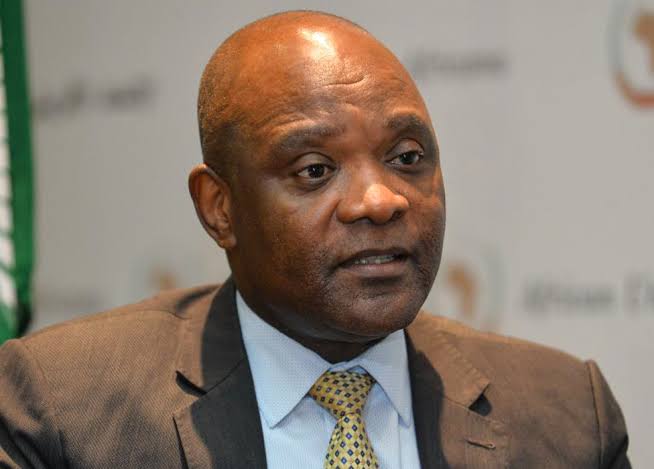
He also sought to dispel the notion that vaccine hesitancy is widespread in Africa, citing studies that show 80% of the continent’s populations were ready to get shots if the vaccines were readily available.
Comments were made on the second day of an online alternative to the World Economic Forum, which was postponed due to pandemic concerns.
Several world leaders spoke at the event, including Israeli Prime Minister Naftali Bennett. He said his country, which swiftly implemented a vaccination campaign, is “at the forefront” when it comes to medicines and vaccines to combat COVID-19.
“We want to be first in the world to know how vaccines and the new variants interact,” Bennett said, citing advanced research in Israel.

According to Japan’s prime minister, Fumio Kishida, his country has high vaccination rates because society values protecting the elderly and vulnerable. Until the end of February, he plans to maintain stringent border controls.
While trying to strike a balance between restrictions and keeping the economy open, he said that “so-called zero COVID policy against the omicron variant is neither possible nor appropriate.”
During an independent press conference Tuesday, WHO director-general Tedros Adhanom Ghebreyesus stated that the COVID-19 omicron variant “continues to sweep the world” and that 18 million new cases were reported last week.
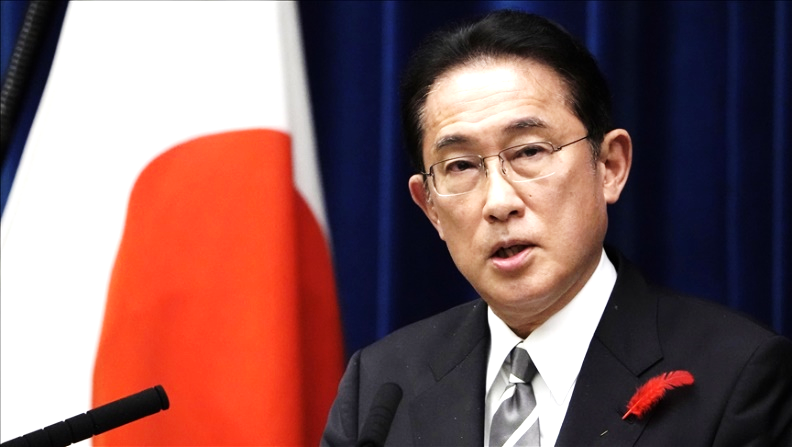





Recent Comments